“El colonialismo nos aisla de esa otra parte de nosotros mismos que es África. // Colonialism isolates us from that other part of ourselves called África”
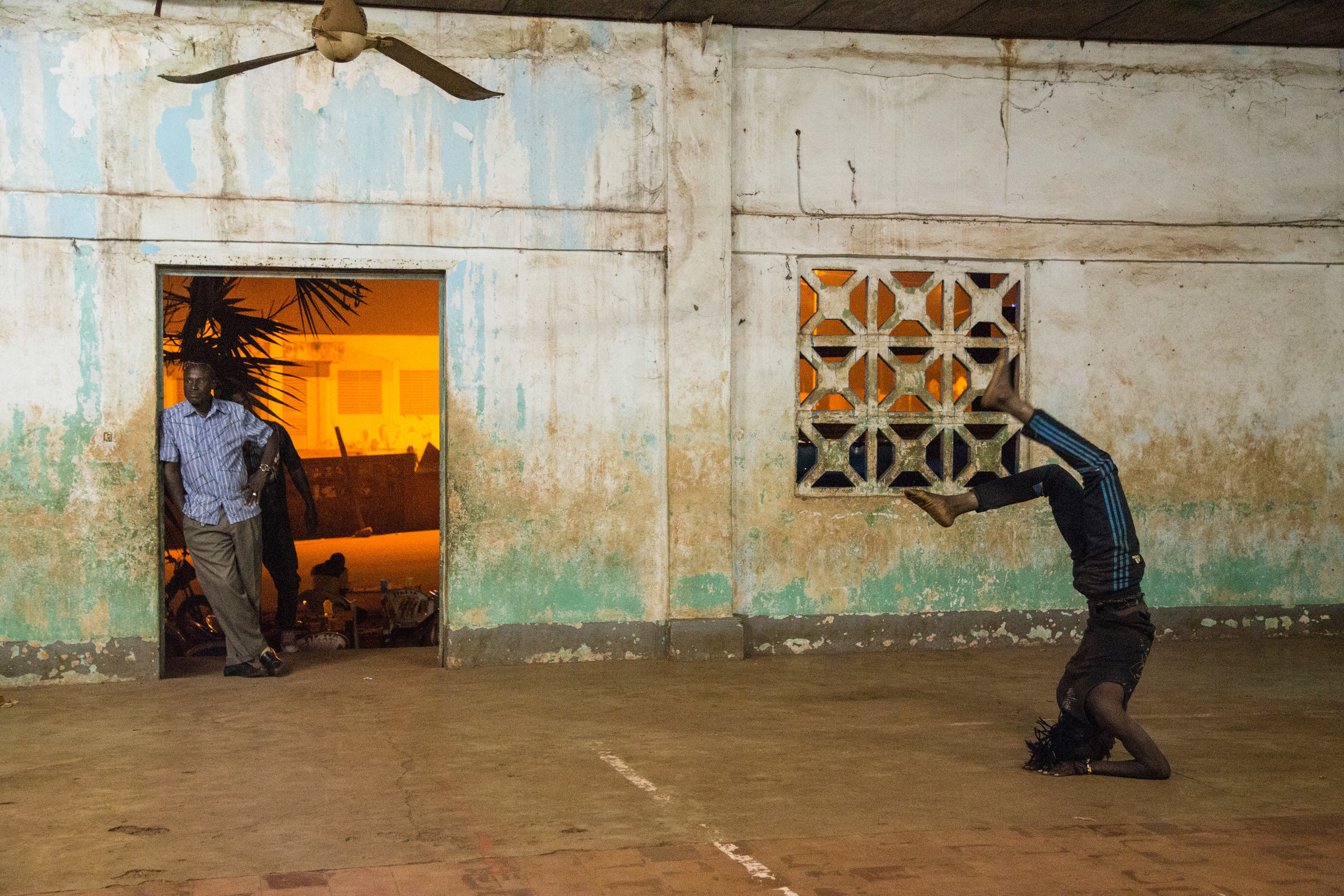
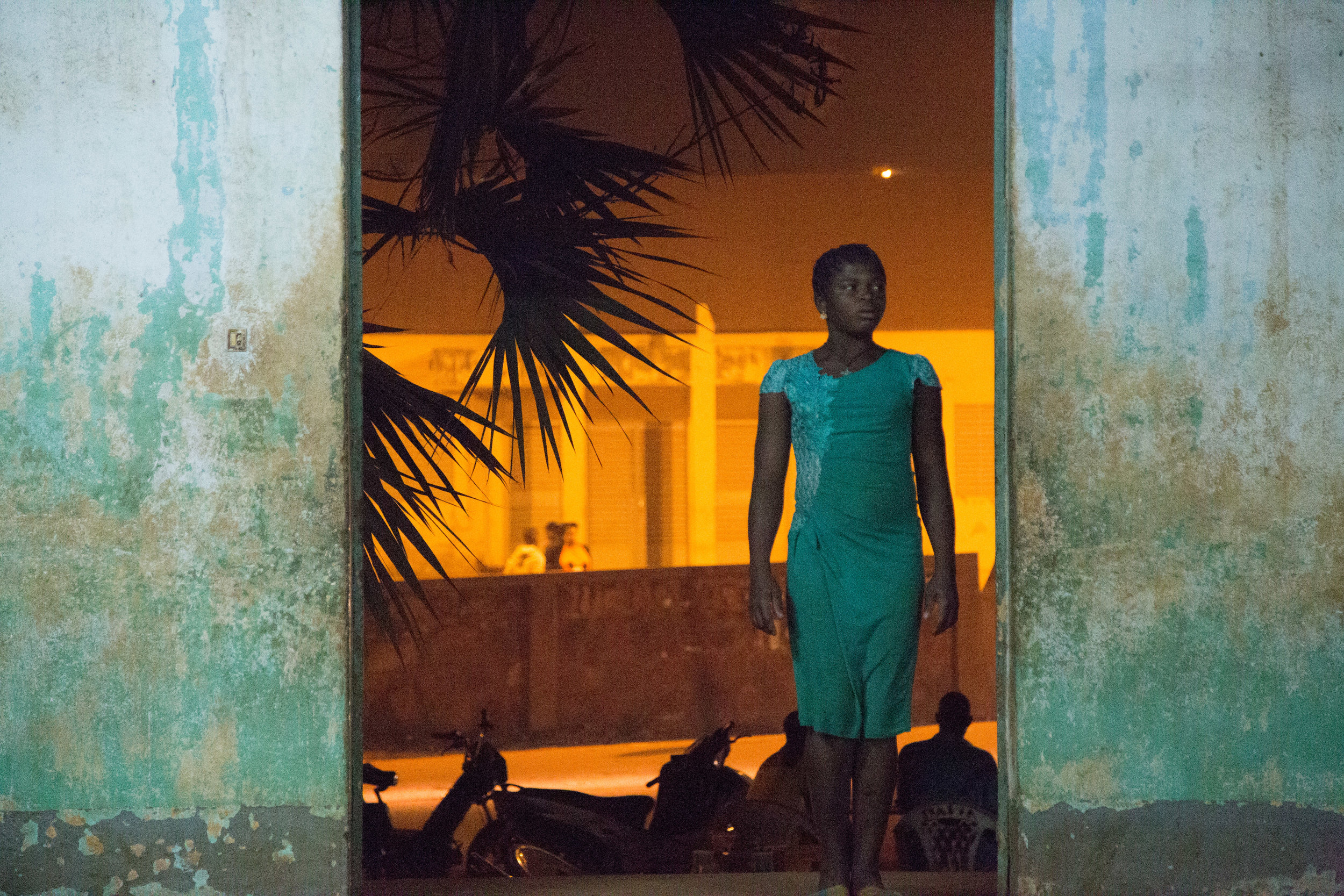
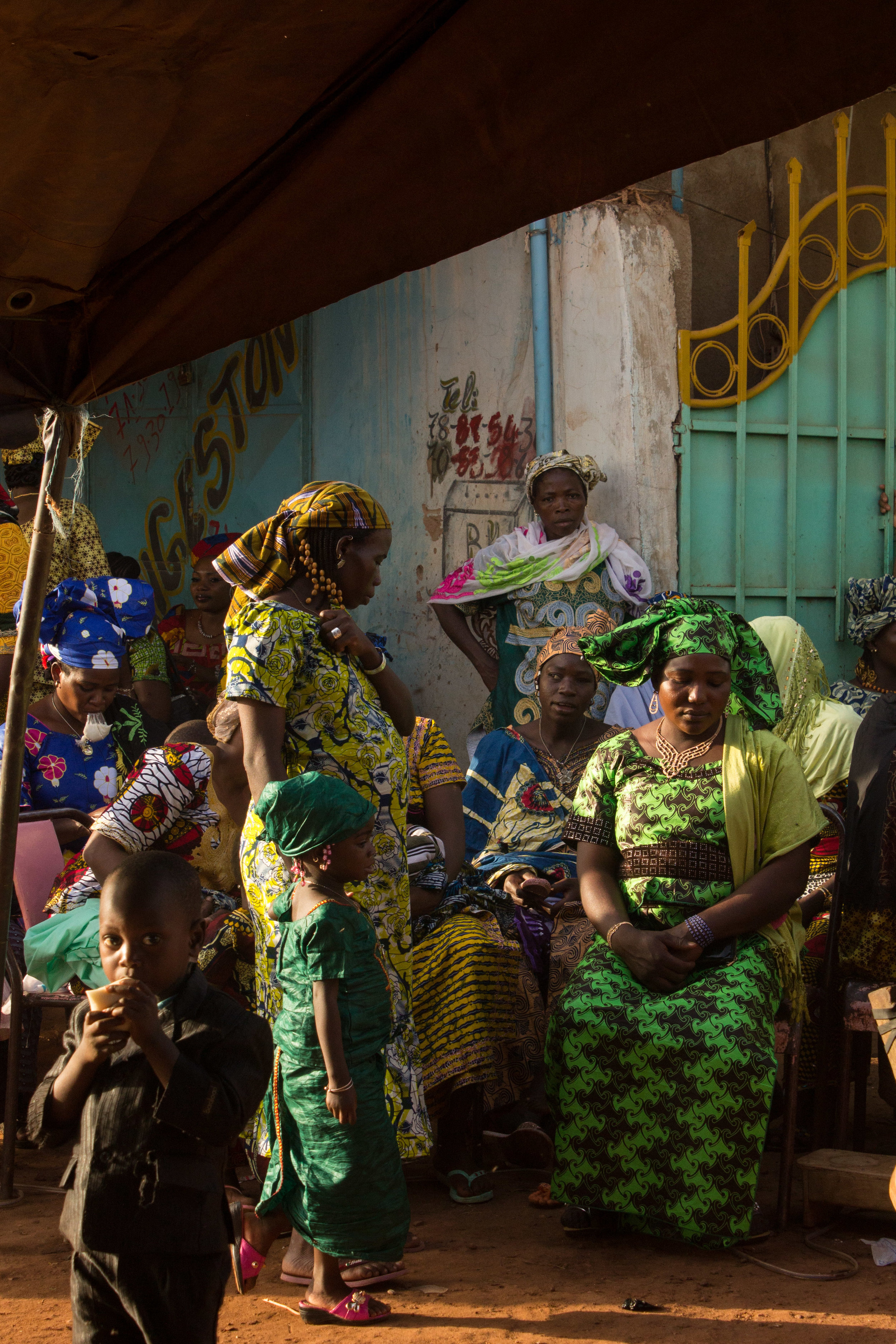
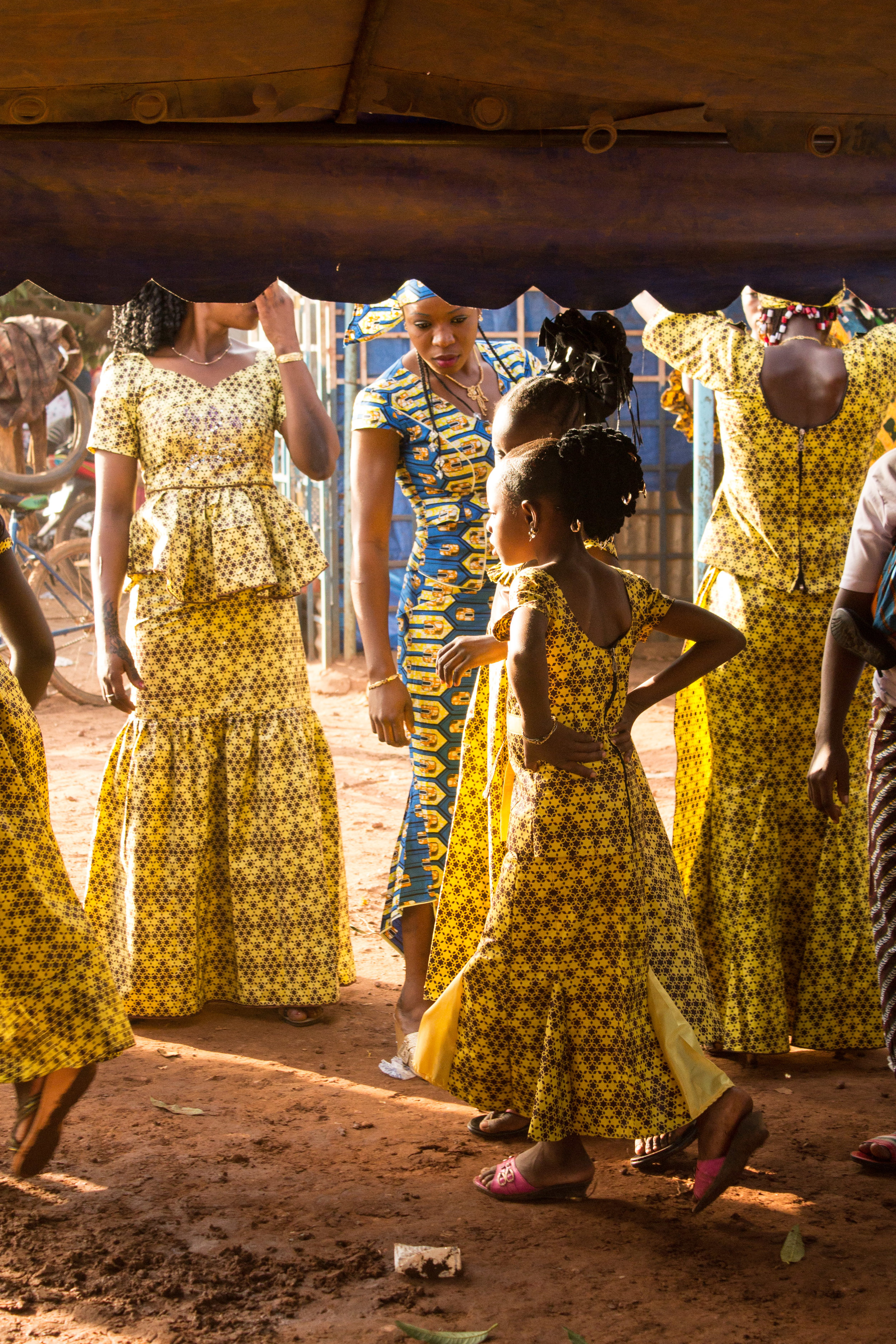
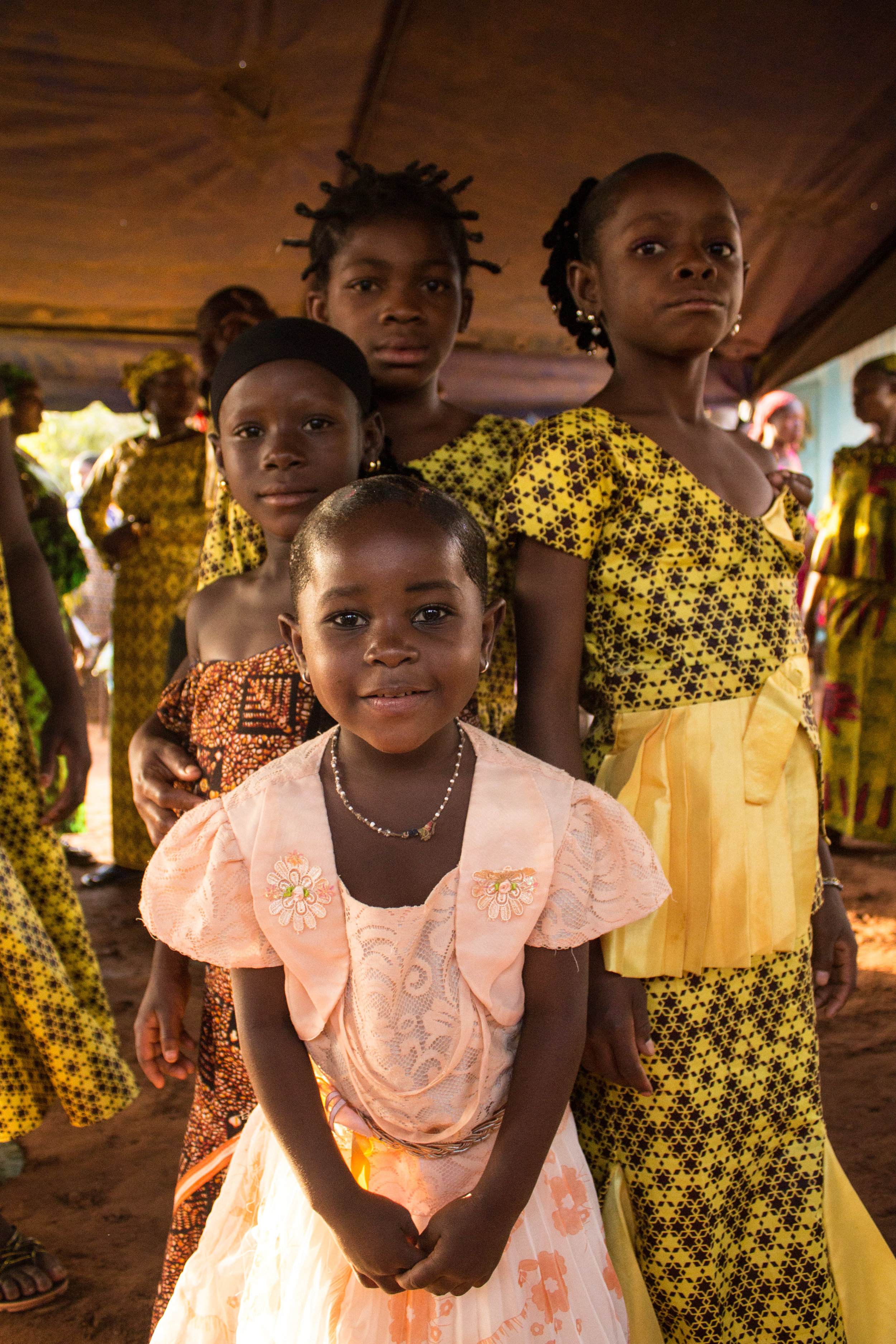

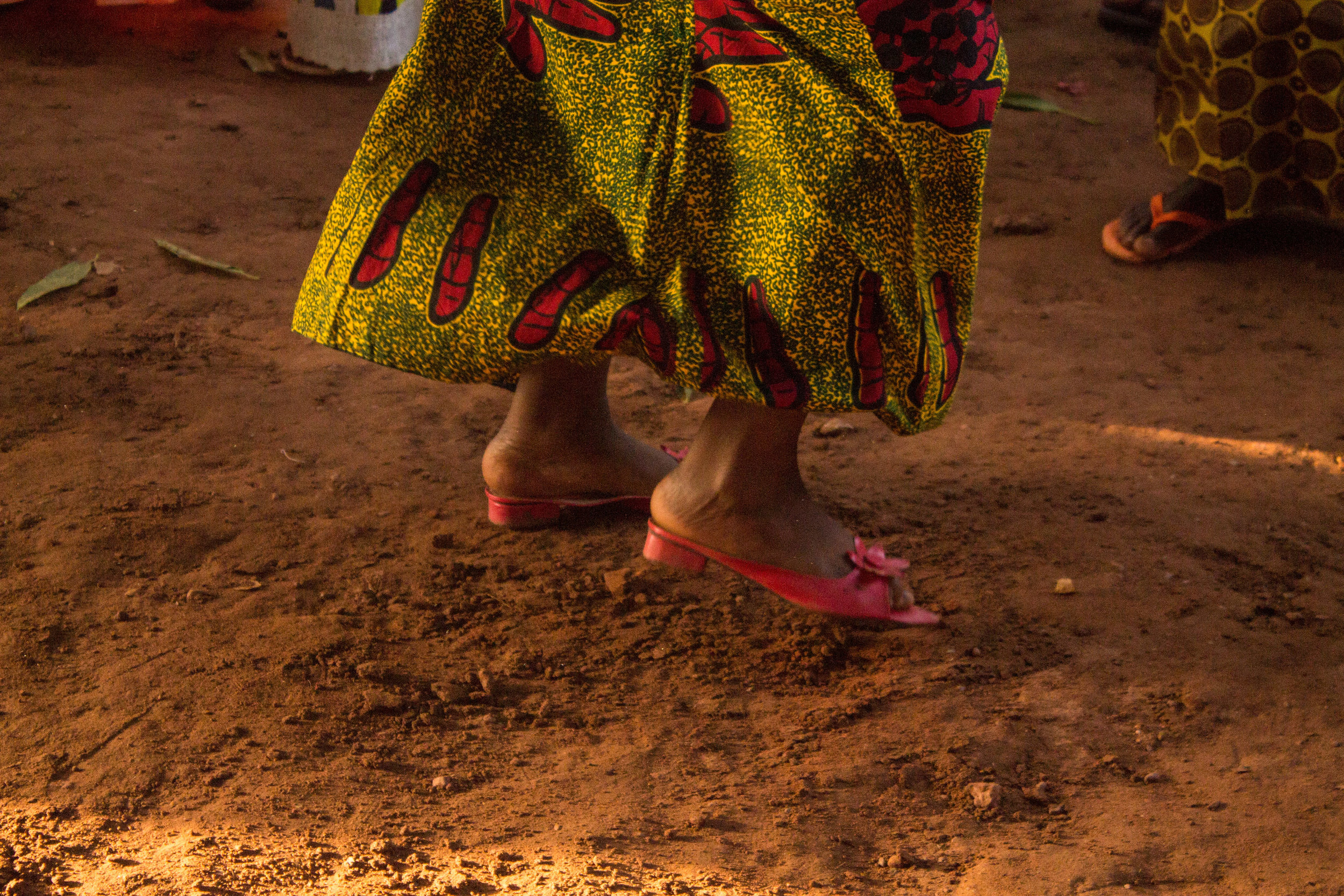




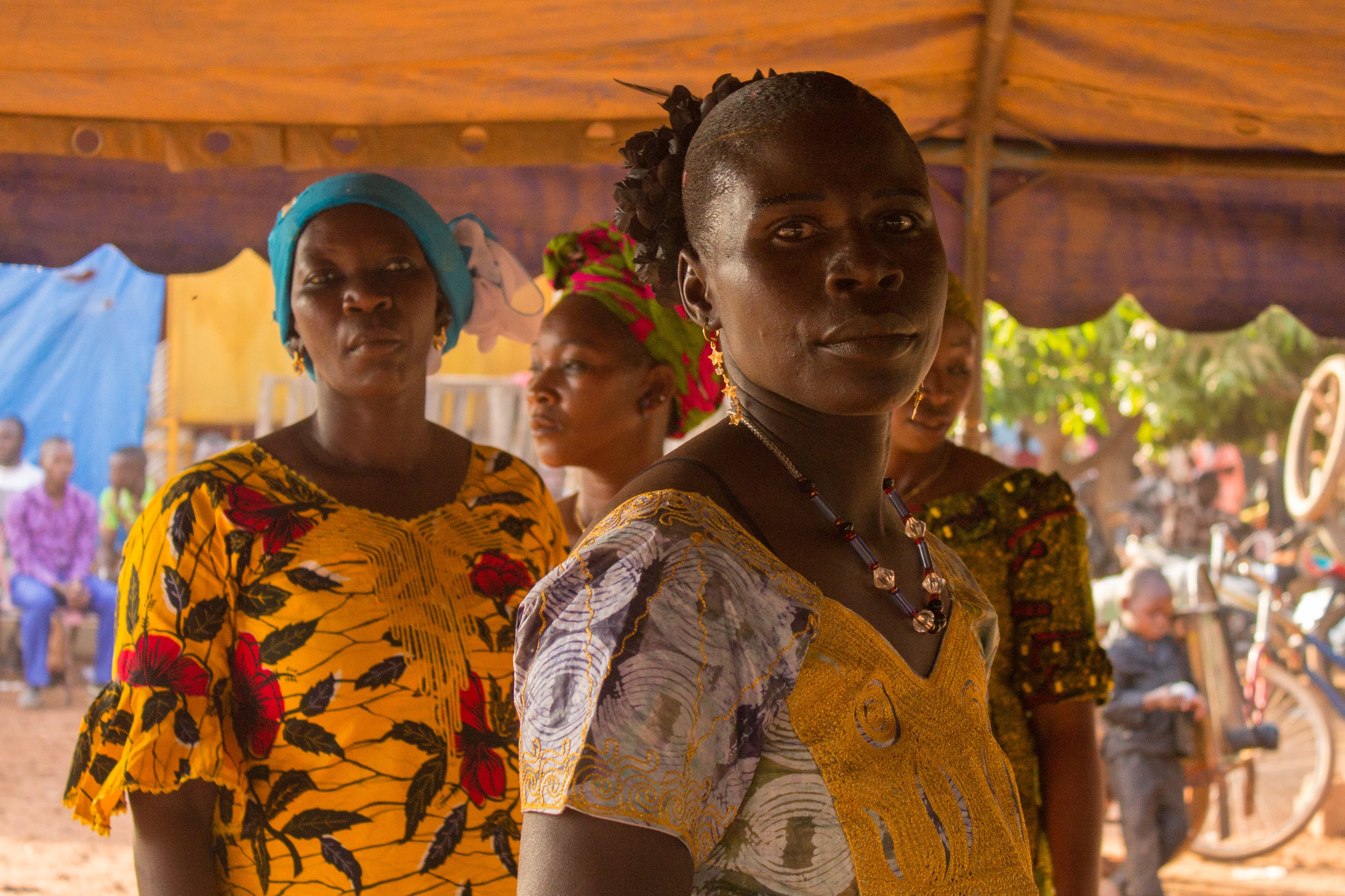


Voy sentada en el avión, en el trayecto Estambul – Ouagadougou y de repente mi atención recae sobre la pantalla que tengo enfrente, en donde se va marcando el recorrido en tiempo real sobre un mapa. Observo que he cruzado el mar y estoy entrando en el continente africano. Esta certeza me produce un poco de vértigo. Saber que así, sin darme cuenta, atravieso una brecha no solo geográfica sino también geopolítica. Estoy pasando, imperceptiblemente, hacia el sur.
A pesar de los precios desorbitados que piden las aerolíneas por viajar a casi cualquier capital africana, me acerco de forma decidida a una ciudad de la que me cuesta deletrear su nombre, pero no porque sea especialmente difícil, sino porque su sonoridad no encuentra eco en mi cultura general.
Es casi redundante decir que en los medios África siempre aparece como el continente empobrecido y subdesarrollado, asociado a pobreza, epidemias y guerra, sin embargo no sobra decirlo una vez más, sobretodo por el contraste de esta información con la oleada de vida y musicalidad que recibo al llegar a Bobo – Dioulasso, capital musical de Burkina Faso.
Farafina Love rinde homenaje a esa vida latente en la música africana que está presente en cada momento de la vida, en las celebraciones especiales e incluso en el momento de morir. Detrás de cada ritmo hay una maestría musical arraigada en una cultura milenaria, que mantiene una tensión constante con la creación original de cada músico y bailarín.I´m sitting on the plane, travelling from Istanbul to Ouagadougou, and suddenly my attention lies upon the screen I have in front of me, where I can see in real time the route in a map. I realize that I have crossed the sea already and I´m going into the African continent. This idea makes me feel a bit dizzy. Knowing that, without noticing it, I`m crossing a line, not only in a geographycal sense but in a geopolitical one.
///
I´m going south.
Despite the excessive prices that airlines ask for plane tickets to any African country, I´m determine to reach my destination even though it’s a city that I can´t even spell It is not only difficult, but culturally it doesn´t say anything to me-- its phonetics is nowhere in my general knowledge.
It is almost redundant to say that mainstream media has erroneously only portrayed África through a one-sided lens that only identifies it as a poor and third world continent, inundated with wars, poverty and epidemics. However, it is important to say it again, especially because what I discovered when I arrived was completely different: a dynamic wave of life and music that reigned Bobo – Dioulasso, Burkina Faso´s city of music.
Farafina Love pays tribute to the life pulsing in the African music, which is present in everyday life-- in special celebrations and even in death. Beneath every rhythm there is a music mastery deep-rooted in a millenary culture that evolves with the original creation of each musician and dancer.
Women are the center of the celebration. With their colorful clothes made of printed fabrics, and their bodies crafted with the rhythm of music, they create a dance circle where everyone is equal, and therefore all are welcome. Through dance they strengthen the sense of community: they greet new-born babies, they say farewell to the deceased and celebrate marital unions, always with grace, elegance and mystery.
Nonetheless, these celebrations are fleeting moments of ecstasy as everyday life is rather difficult. Women are the pillars of society and over their shoulders falls the burden of parenting of their own children and those of others, household activities, cooking, the care of elderly people and conjugal duties, in addition to the work outside the home, necessary for daily sustenance. These nonstop “duties” come one after the other in the heat of Bobo – Dioulasso.
From a formal point of view Farafina Love engages with art history through resources and techniques of barroque painting like the use of rich and intense colors, chiaroscuro, excessive detail, enigmatic portraits and realism; but always from a contemporary photographic language. This particular aesthetic seeks to reveal a cultural form of being and feeling, characterized by the expressive excess: in body language, dance and music, that is uniquely always related to mysticism or religious devotion.
Bobo Dioulasso, Burkina Faso / 2017